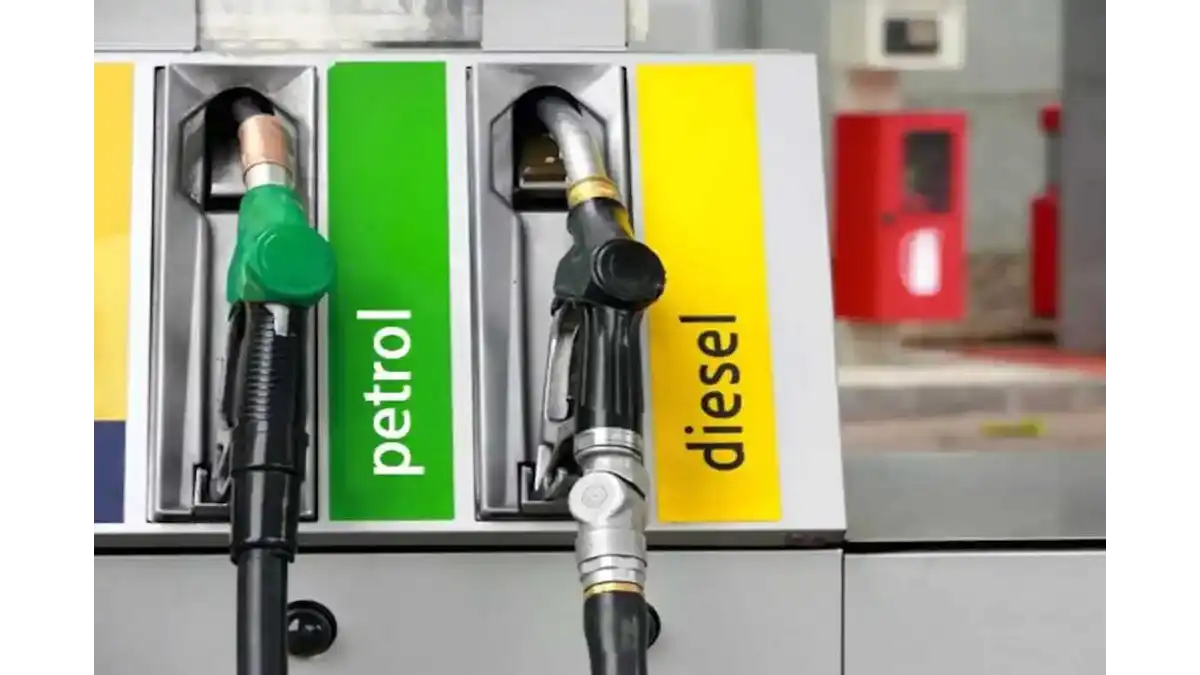South Africa is bracing for a major setback in fuel prices following escalating tensions in the Middle East. The sudden conflict has shaken global oil markets and hammered the rand, potentially reversing recent gains in local fuel price recoveries.
According to the Central Energy Fund (CEF), by mid-June, fuel prices were expected to decrease slightly due to favorable exchange rates and oil prices. The projections showed petrol and diesel prices dropping by a few cents per litre. Petrol 93 was expected to fall by 10 cents, Petrol 95 by 7 cents, and diesel by up to 13 cents.
Escalation in Middle East Sparks Oil Price Surge
However, the situation shifted dramatically after Israel launched strikes against Iran on June 12. The attack targeted Iran’s nuclear and military sites, sparking immediate fears of a wider conflict in the oil-rich region. Iran responded swiftly, launching over 100 drones towards Israel, raising tensions even further.
Following these events, global oil prices skyrocketed. Brent crude surged to $78 per barrel, marking the biggest one-day gain since March 2022. Although some gains were later pared, the oil price remains significantly higher than the pre-attack level of $68 per barrel.
This sharp rise in oil prices coincided with the weakening of the South African rand, which fell from R17.80/$ to above R18.00/$. These two factors combined are likely to eliminate the small fuel price cuts that were previously forecasted.
Rand Faces Pressure Amid Global Uncertainty
The Investec Chief Economist, Annabel Bishop, explained that South Africa’s reliance on oil imports makes the country vulnerable to such global shocks. The weakening rand, combined with rising oil prices, directly impacts fuel costs, inflation, and the overall trade balance.
Earlier in the year, the rand’s strength against the dollar had helped reduce import costs and kept inflation moderate. Between January and April, the rand averaged R19.92/$ compared to R20.44/$ during the same period last year, which supported lower fuel prices.
However, the recent attacks have triggered a risk-off sentiment among investors, leading to a significant sell-off in emerging market currencies, including the rand. This could now halt any further fuel price reductions and may even result in price hikes if the conflict intensifies.
Future Fuel Prices Depend on Geopolitical Developments
The Bureau for Economic Research (BER) noted that while initial market reactions were severe, there has been some stabilization since. The final impact on fuel prices will depend on whether tensions escalate or cool down in the coming weeks.
Iran’s defense minister has warned of further retaliation if provoked, keeping global markets on edge. Any additional military action could push oil prices even higher, placing more pressure on South African consumers already struggling with high living costs.
For now, South Africans must prepare for potential fuel price hikes in the coming months, as global uncertainties continue to cast a dark shadow over the economy.

